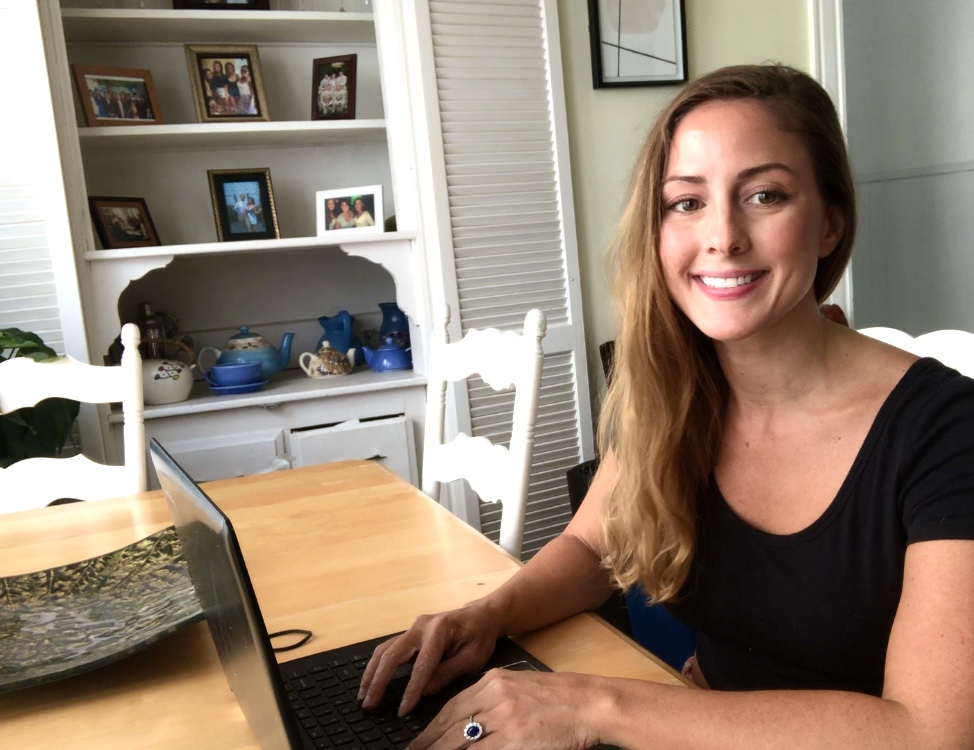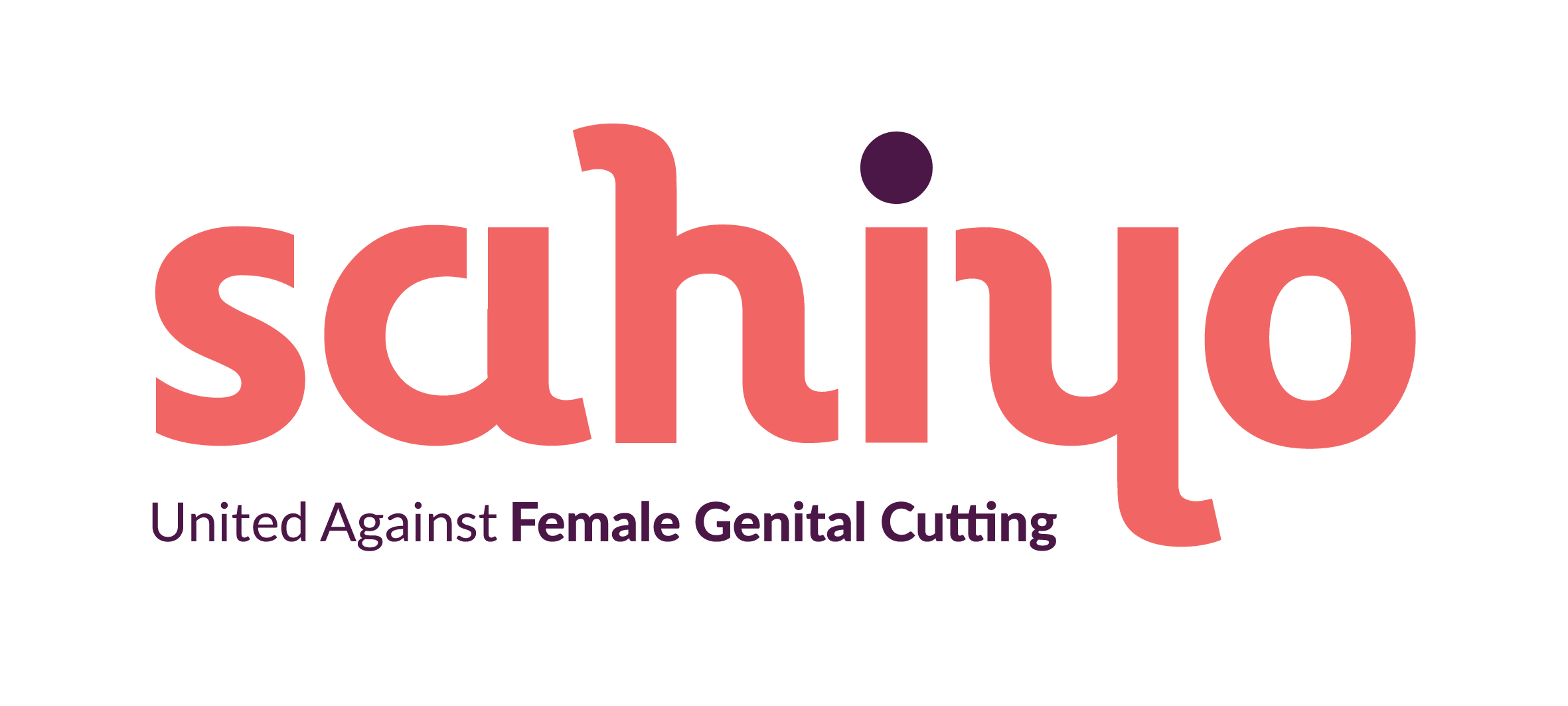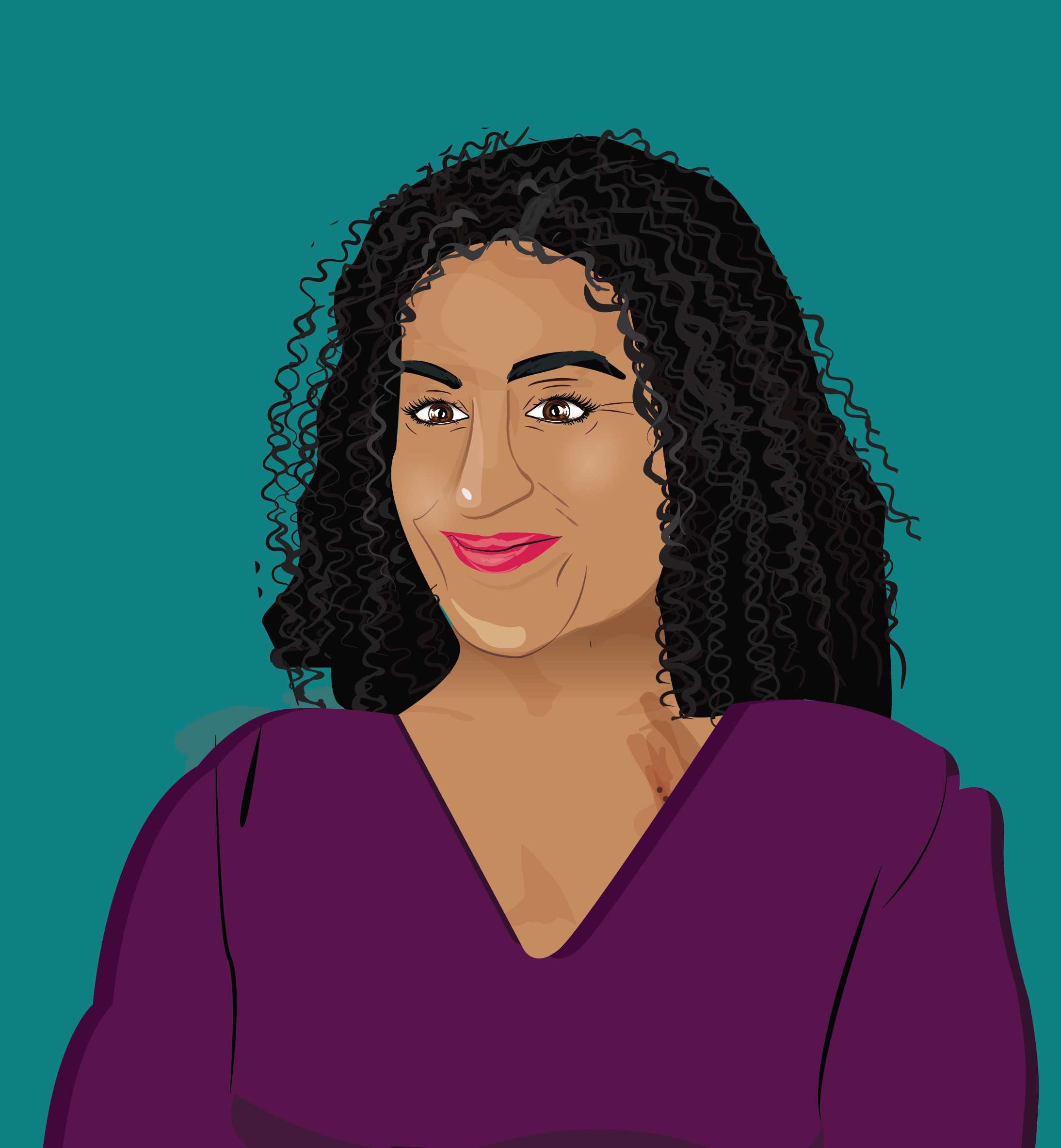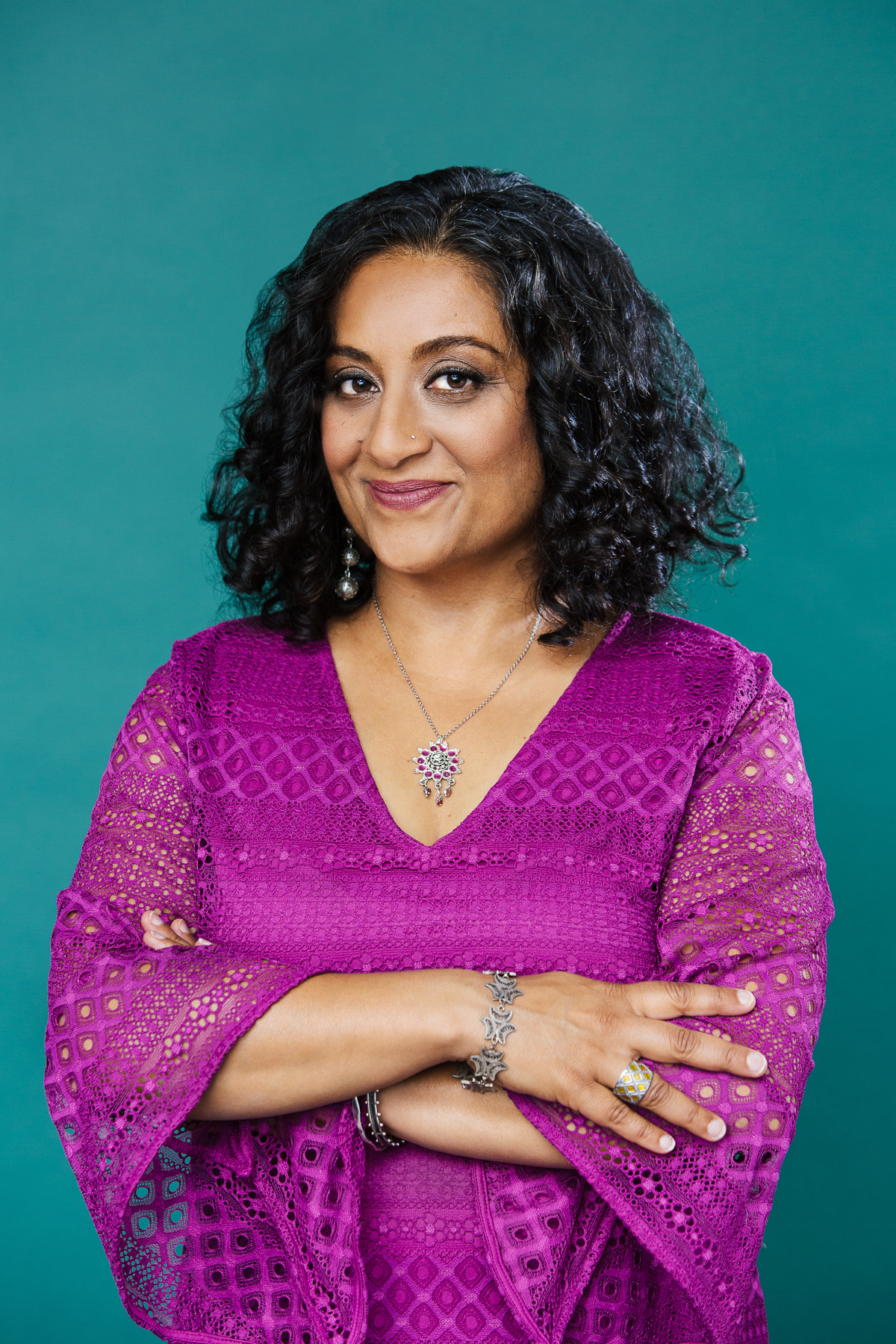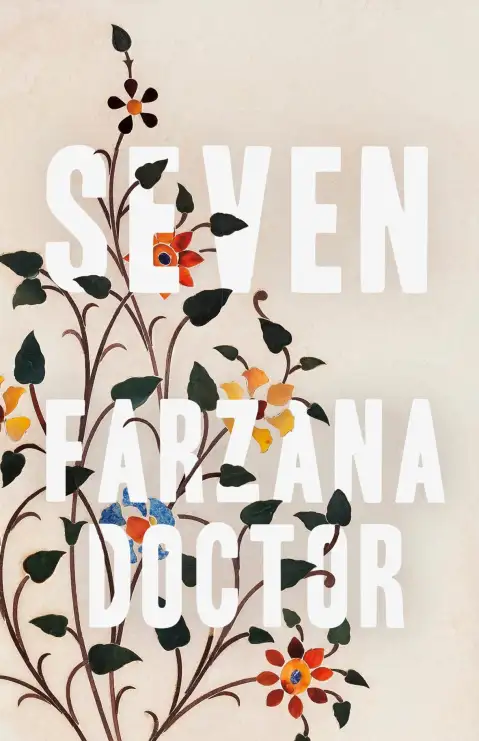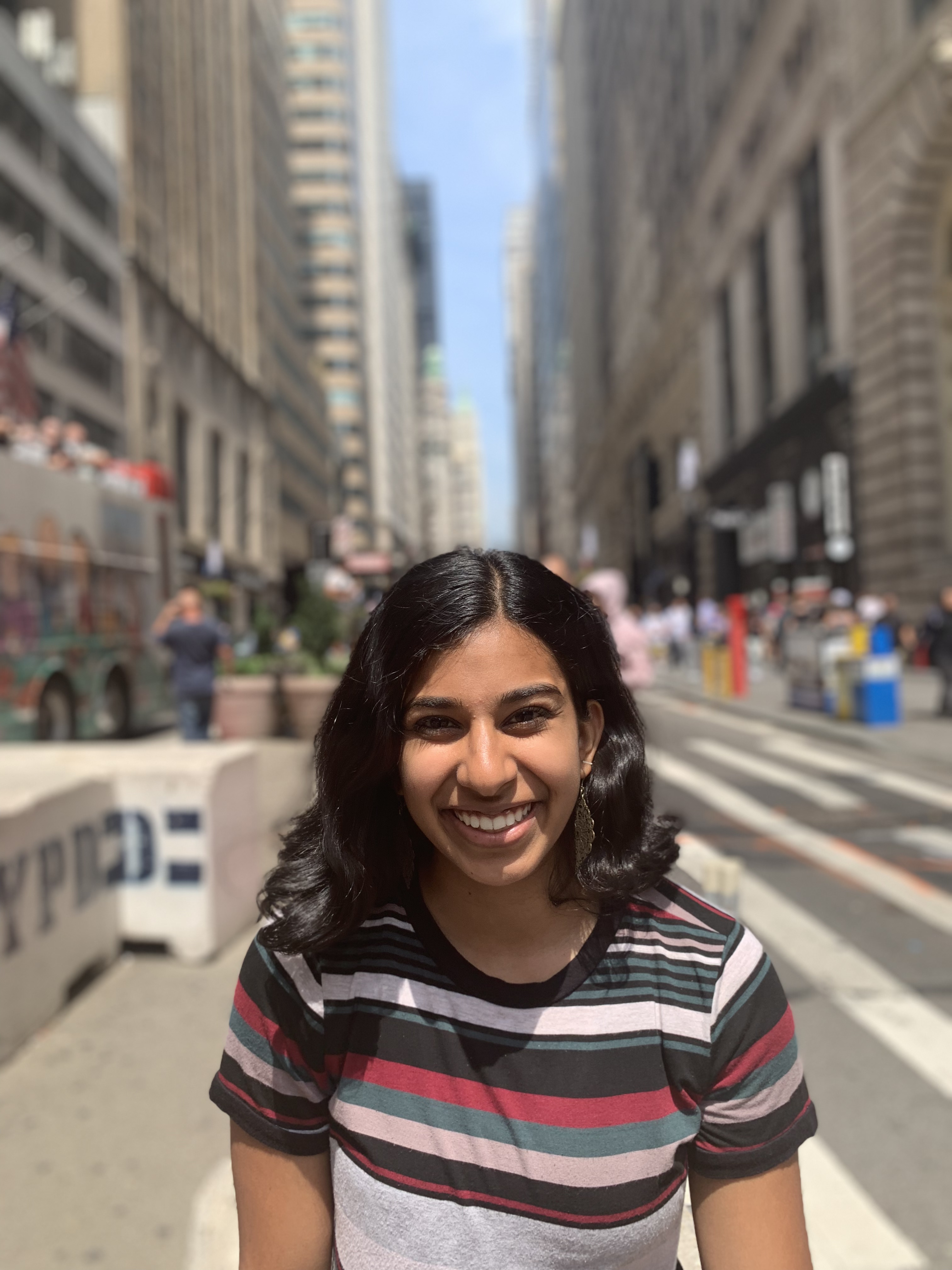Dear Maasi is a column about everything you wanted to know about sex and relationships but were afraid to ask! It’s a partnership between Sahiyo and WeSpeakOut, and is for all of us who have questions about khatna (female genital mutilation/cutting or FGM/C) and how it impacts our bodies, minds, sexualities and relationships. We welcome you to submit your anonymous questions.
Dear Maasi,
I’m forty and divorced, but I’ve recently met someone nice, a non-Bohra, and we’ve grown close. Should I tell him about my experience with khatna? How do I start that conversation? Is it even important to dredge up that old trauma?
—Divorcée Duriya
Dear Divorcée Duriya,
Hurray for your new relationship! It makes sense that you’re trying to figure this question out. Let me start by saying that sharing personal information is always your choice, and there are some pros and cons to consider.
Let’s start with the benefits:
Benefit #1: Sharing your vulnerabilities can build intimacy and trust. I think this is especially true for trauma because it often happens in a context of secrecy, shame and isolation. Talking with a loved can be corrective; it breaks the silence and you can feel less alone.
Benefit #2: When our loved ones understand how a trauma can trigger us emotionally, physically or sexually, they can be better allies in our healing.
Here’s an example: Once in a while a certain kind of touch causes me to have a freeze response. My partner is attuned to me, knows about khatna, and will help me pause and get grounded again.
Consider what triggers might exist for you, and then educate your loved ones on how to support you.
CAVEAT: KNOW YOUR AUDIENCE.
This takes us to the potential drawbacks:
Drawback #1: If your loved ones are not skilled at being compassionate and/or don’t understand that khatna can be traumatic, they can inadvertently minimize or invalidate your feelings, or judge you. This can feel re-traumatizing, especially if you’re not prepared for it.
One way to mitigate this is to share information before sharing your story. I wrote this blog post for that reason. Check out the Sahiyo blog and WeSpeakOut website for more useful articles and videos.
Drawback #2: Talking about trauma—even with someone supportive—can leave us feeling raw or overwhelmed. If you think this could happen for you, make sure you have ready access to someone who can help, for example, a good friend or counsellor. One way to test this is to rehearse what you might say, and notice what feelings arise.
How to start the conversation:
There are many ways to talk about khatna. Here’s a guide. Skip the steps that don’t apply to you and edit to your own style.
- Preamble:
There’s something I’d like to share with you. It’s a personal and vulnerable thing to talk about.
I’m telling you because you’re important to me.
I just need you to listen and later I can answer any questions you might have.
Is this a good time to talk?
- Give them some info about the practice in general, but not too much:
My community practices a form of genital cutting called khatna. It happened to me when I was a child. It’s a taboo subject and is considered traumatic.
- Tell them the personal impact (this part can vary widely, so this is just an example):
I’m okay, but sometimes thinking about it can upset me, and every so often, in some sexual situations, I find myself getting tense.
- Tell them that you need from them (this part can also vary widely):
I don’t need you to say or do anything right now.
I wanted to share this with you because it’s a part of my life experience. And it might help you understand why I react in certain ways.
- Offer to give them resources so they can learn more:
If you have any questions, I’m happy to answer them. I can also point you to some articles and videos if you’d like.
Well, Divorcée, I really hope that your new beau works out! If you decide to tell him, may it be a healing experience for you.
—Dear Maasi
About Maasi, aka Farzana Doctor:
Farzana is a novelist and psychotherapist in private practice. She’s a founding member of WeSpeakOut and the End FGM/C Canada Network. She loves talking about relationships and sexuality! Find out more about her at www.farzanadoctor.com. Pre-order her newest novel, SEVEN, which addresses women’s relationships, sexuality, infidelity and khatna within the context of the Dawoodi Bohra community.
Disclaimer: While Farzana is full of good advice, this column won’t address everyone’s individual concerns, and should not be used as a substitute for professional medical or psychological care.
This article was later published in Gujarati and Hindi. Read the Gujarati version here, and the Hindi version here.


